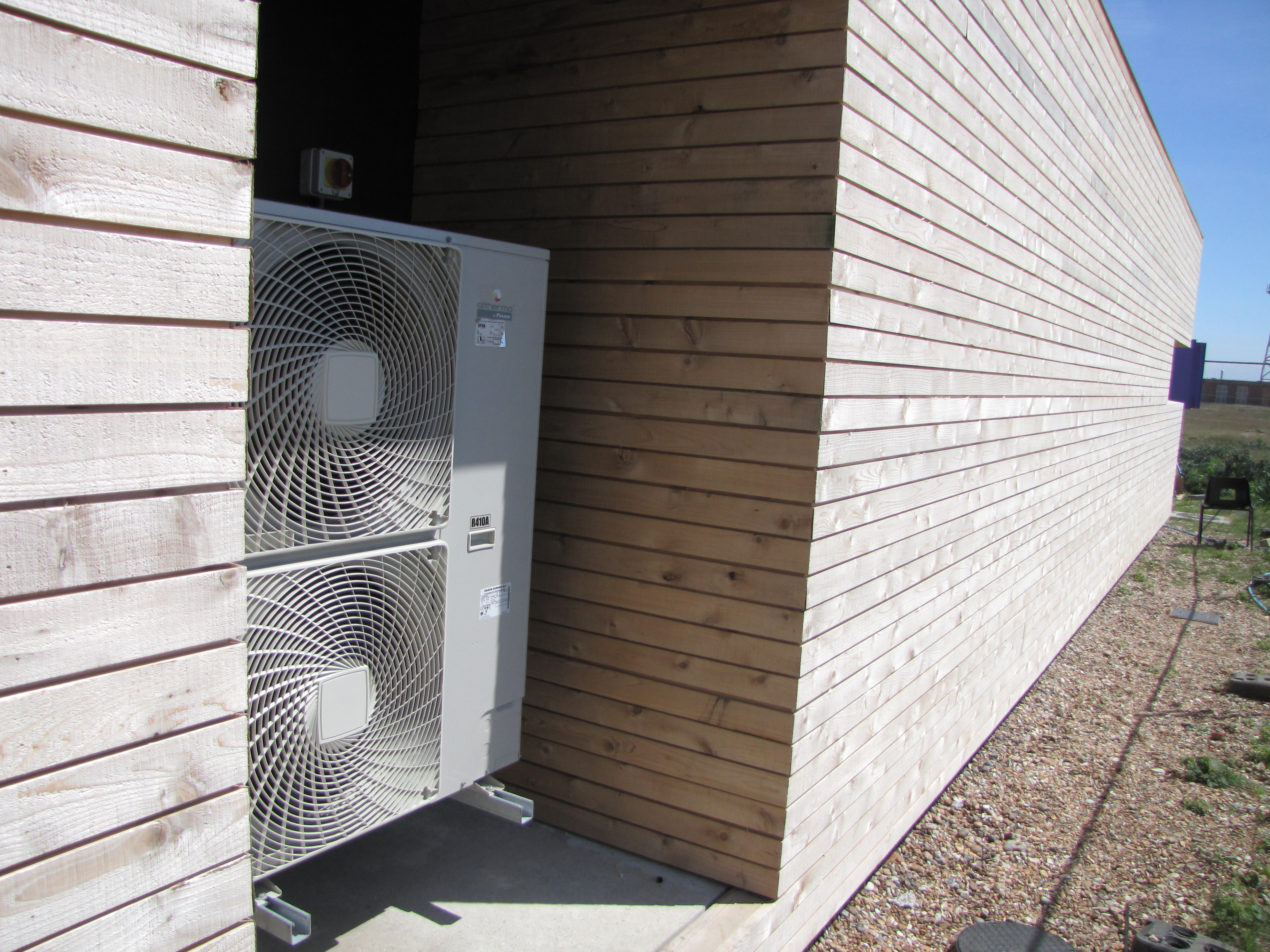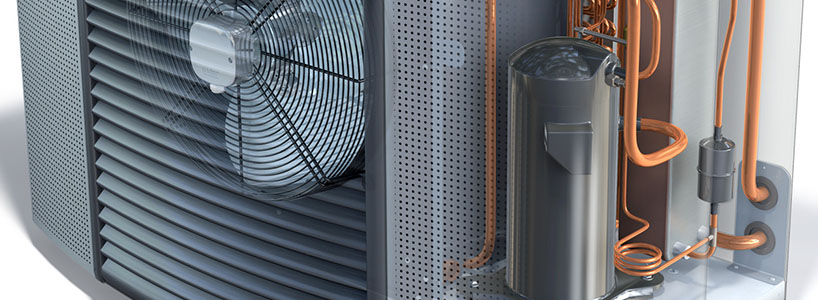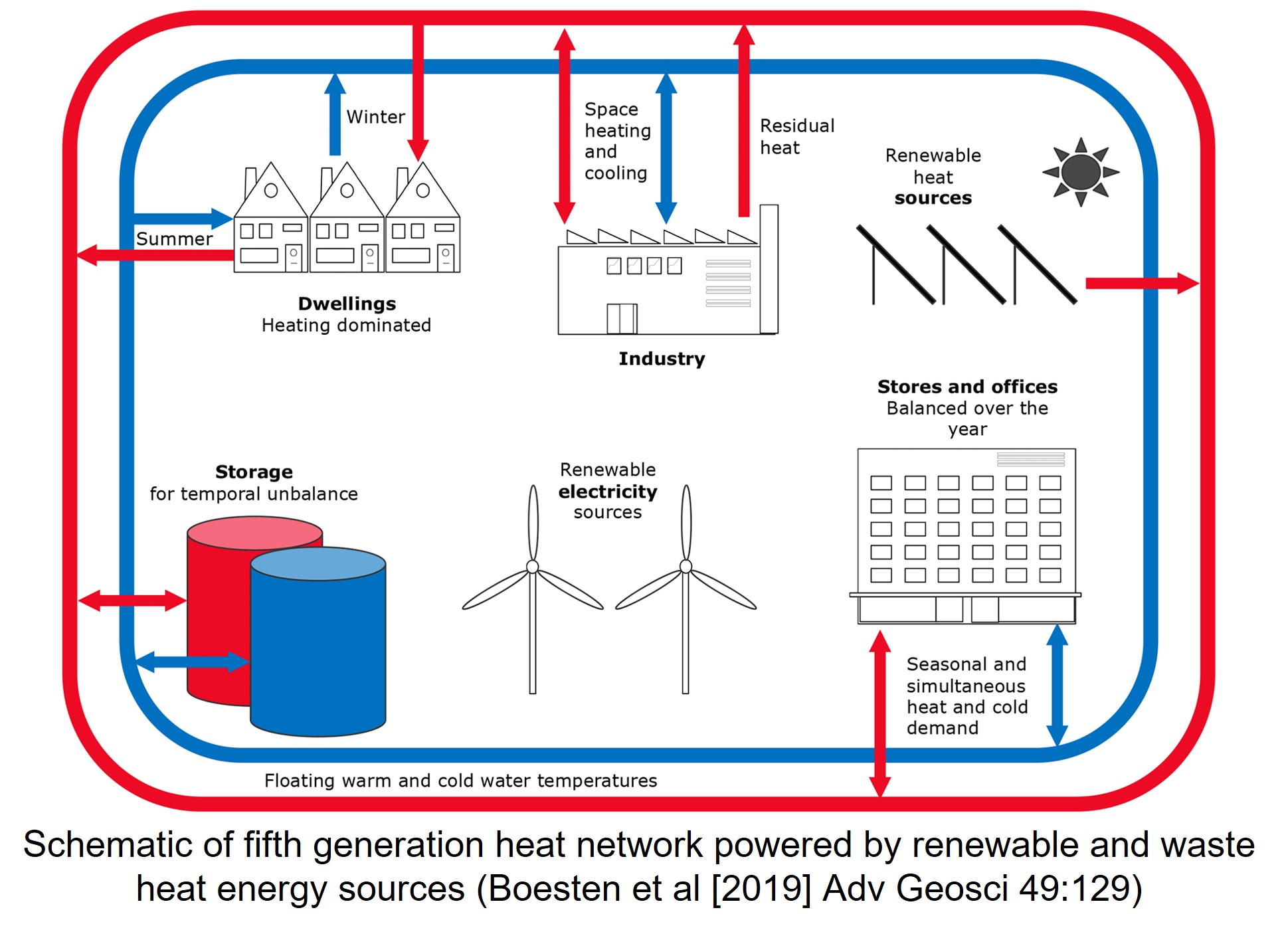
Heat pumps are a possible way to close the gap between low-cost, high-carbon gas power and high-cost, low-carbon electricity in heating the British domestic sector....
The government's Future Homes consultation presents air-source heat pumps as a mass-market high-efficiency heating solution. However, field trial evidence shows that in well-insulated buildings, occupancy-controlled electrical heaters are more efficient. Heat pumps may have a role in existing homes but have not proved themselves as the best option.
This article is part of a series detailing Atamate's response to the Future Homes consultation. The others are:
Future Homes 1: Atamate calls for an outcome-based approach
Future Homes 2: The role of smart building controls
Future Homes 4: Future-proofing against overheating
The Future Homes consultation paper was published by the Ministry of Housing, Communities and Local Government (MHCLG) as a set of proposed revisions for the UK building regulations. At Atamate, we are fully behind MHCLG's intention to cut housing-associated greenhouse gas emissions and their preference for a technology-based approach to meeting their aims, but we stated our concerns about the consultation's tendency to emphasise the use of particular technologies in a previous article. Our view is that regulations based around outcomes are more likely to achieve significant cuts in energy consumption than regulations based around certain technologies.
In particular, we question the considerable emphasis that MHCLG place on air-source heat pumps: We anticipate that the installation of heat pumps, particularly air-to-water and air-to-air heat pumps, will play a major role in delivering low carbon heat for homes built to the Future Homes Standard. (Section 2.10)

MCHLG quote a report titled UK Housing: Fit for the Future published by the government's Committee on Climate Change (CCC), stating that heat pumps should become a 'mass-market solution for low carbon heating'. However, the evidence does not support the suggestion that rolling out air-source heat pumps across the country is the best way of achieving large-scale cuts in energy usage.
Our view is that they are one of a number of possible solutions to cutting carbon emissions in British homes. Heat pumps may have a role in replacing gas-powered central heating in existing homes. However, they are unlikely to be the best option in homes that have been built or renovated to the insulation standards mandated by either the current UK building regulations or the more stringent standards proposed by Future Homes.
This is because the space heating demand of a well insulated building is significantly reduced. In a modern building, our recently published Cogan Terrace case study demonstrated that mains-powered electrical heating under occupancy-based control can comfortably meet the energy efficiency standards that MHCLG propose in Future Homes.
In addition to this, electric heaters are much cheaper to install than air-source heat pumps, this saving can be diverted to improving fabric and effective control. Heat pumps also require significant maintenance and have relatively high embodied energy due to the global warming potential of the refrigerant gases they use.
The next post in this series is:
Future Homes 4: Future-proofing against overheating
We have more information on heat pumps in these articles.
Electric heating vs Air source Heat pumps
Heat pumps for heating; pros and cons
If you would like to understand more about reducing energy use in new build homes in the UK, please download our white paper;
If you’d like to know more about our views on the future of housing in Britain, ask us on the form below and we'll be happy to try and help.

Heat pumps are a possible way to close the gap between low-cost, high-carbon gas power and high-cost, low-carbon electricity in heating the British domestic sector....

There are many innovations transforming building services driven mainly by the huge challenge of achieving Net Zero targets. In a series of articles, we look at these...